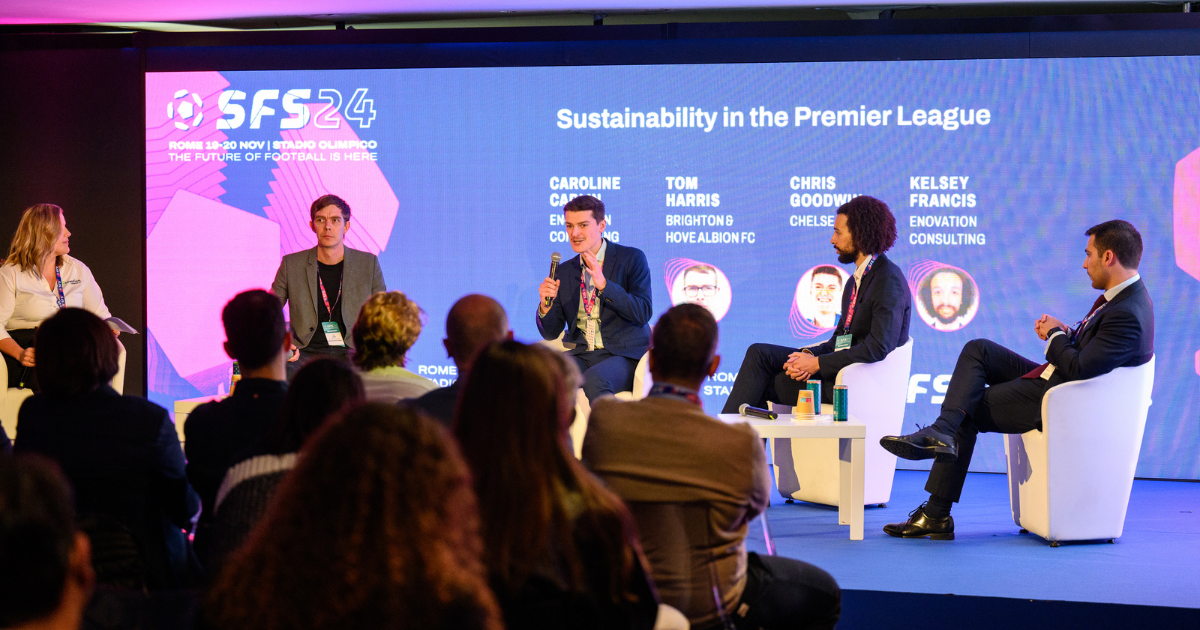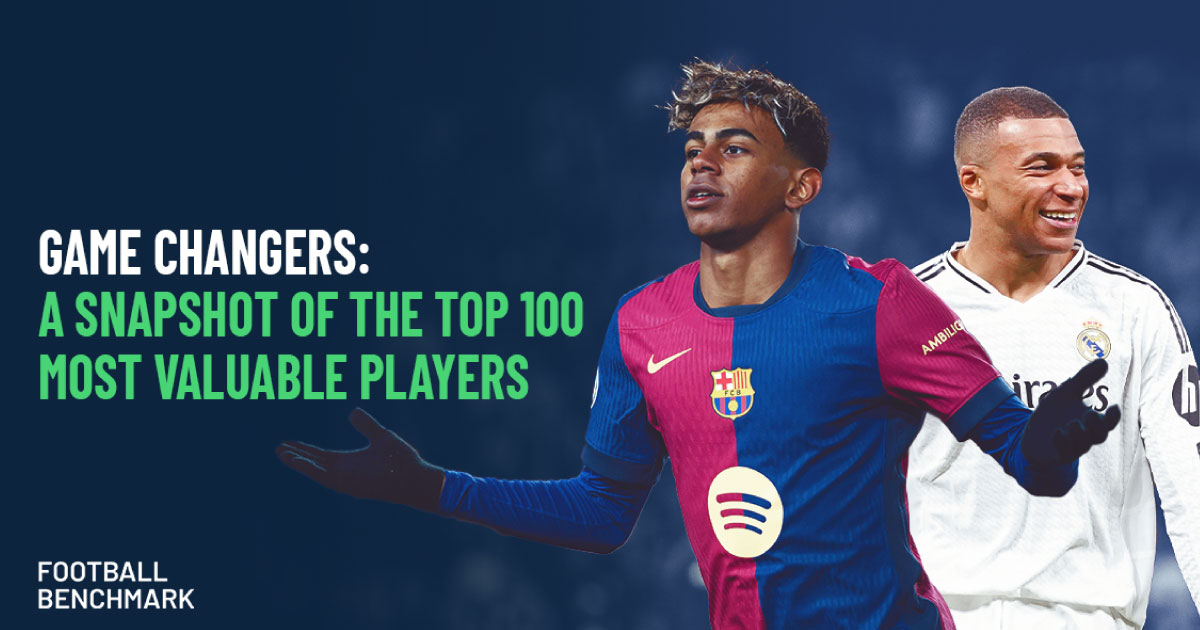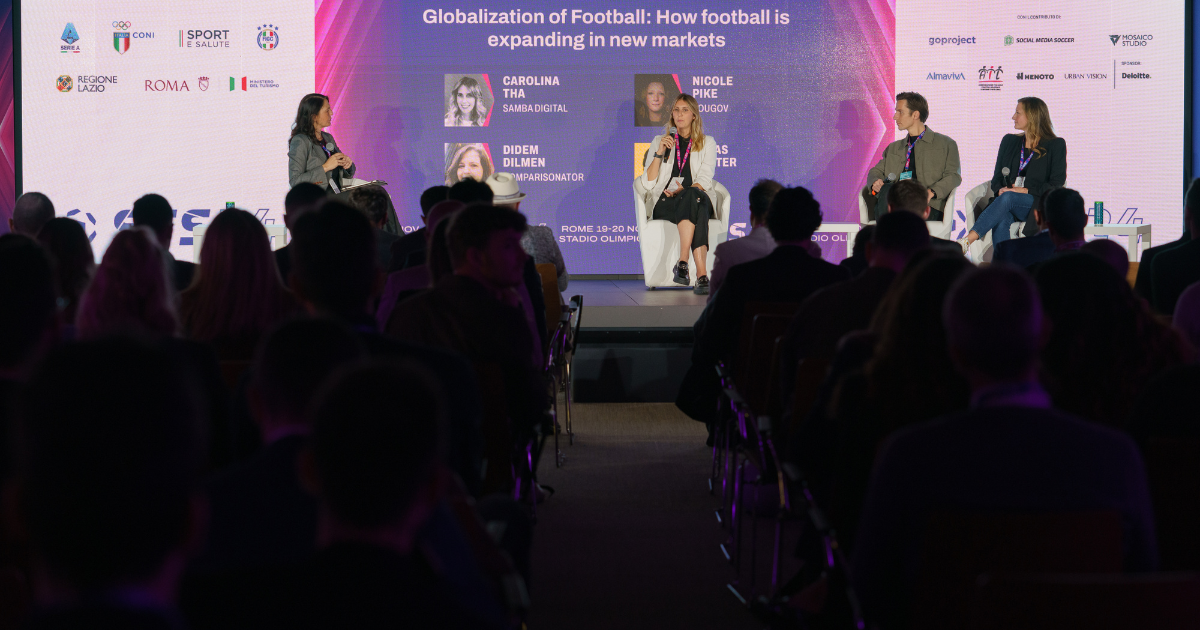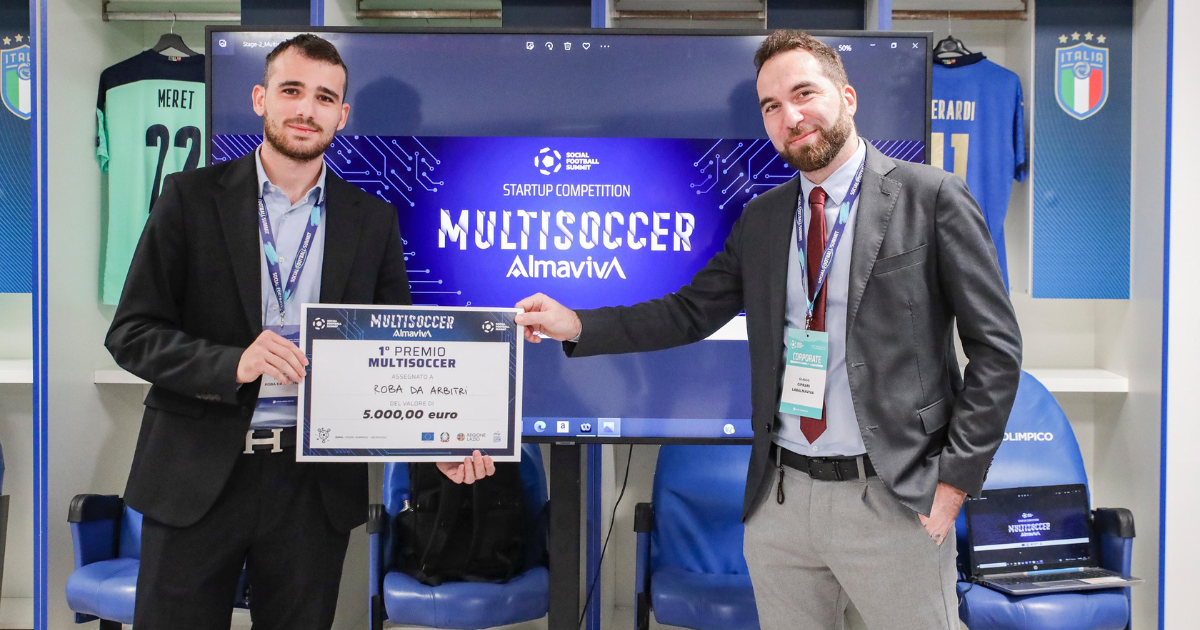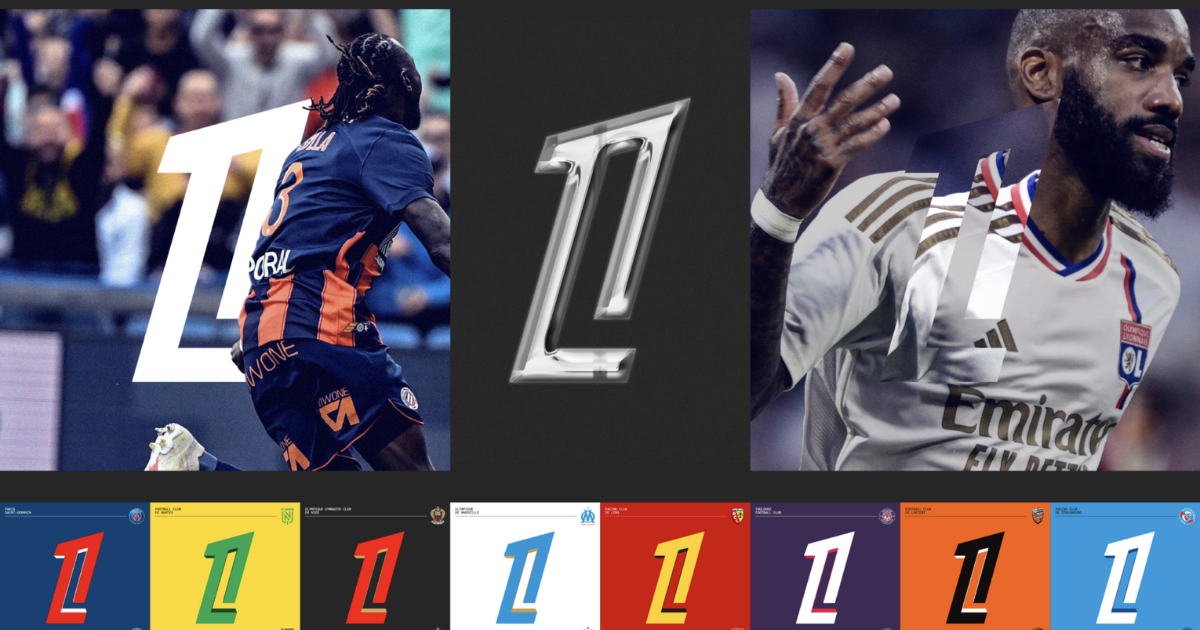Launched in 2022 as part of the partnership between Intermarché and the French Football Federation (FFF), the SENSATIONNELLES by Intermarché program continues to promote women’s soccer in amateur clubs, contributing to the personal growth of young people and strengthening ties with local territories and sports realities. Since its inception, the project has received 777 applications and awarded nine clubs for their initiatives aimed at social inclusion, accessibility, disability support, health and personal development. On the occasion of International Women’s Day, this fourth edition confirms its commitment as an engine of inclusion and growth. Among the planned initiatives, a panel discussion brought together inspiring women to share their experiences and analyze soccer as a tool for empowerment and development. Prominent figures such as Samia Benyounes, a soccer content creator, Garance Marillier, an actress known for her role as Marinette Pichon, and Manuela Nicolosi, an international referee, participated in the SENSAS’TALKS . This edition aims to further consolidate the spread of amateur women’s soccer and to enhance the local sports clubs, which every day are committed to the growth of this movement. With more than 2,000 stores, Intermarché supports this deep-rooted territorial presence and directly involves the public, who can vote for their favorite club project. The popular vote will influence for 1/10 on the overall final score.
Prizes up for grabs:
1) The winning club will receive 10,000 euros per year for three years and participate in an exclusive training internship at the National Football Center in Clairefontaine
2) Second and third place will receive 2,000 and 1,500 euros respectively in vouchers and sports equipment
Program phases:
April 9, 2025: closing of enrollment
April 24, 2025: selection of the eight finalist clubs and opening of voting to the public
May 21-28, 2025: in-depth evaluation of finalist projects
June 16, 2025: final with project presentation and award ceremony at FFF
October-November 2025: training internship in Clairefontaine for the winning club
SENSATIONNELLES 2025: Intermarché in support of women’s soccer and inclusion
Launched in 2022 as part of the partnership between Intermarché and the French Football Federation (FFF), the SENSATIONNELLES by Intermarché program continues to promote women's soccer in amateur clubs, contributing to the personal growth of young people and strengthening ties with local territories and sports realities. Since its inception, the project has received 777 applications and awarded nine clubs for their initiatives aimed at social inclusion, accessibility, disability support, health and personal development. On the occasion of International Women's Day,
Stadium Business – Strategies to optimize matchday revenues
For decades, matchday revenue has been a cornerstone of football club finances, alongside broadcasting and commercial income. However, new fan engagement trends and technological advancements are challenging traditional ticketing models. Clubs must now adapt to a rapidly changing landscape where fan expectations, digital innovation, and commercial pressures require a more dynamic, data-driven approach to stadium monetization. In this article, we explore some of the strategies football clubs are implementing to maximize their matchday revenues. Defining matchday revenues Before the analysis, it is
The new Champions League on Sky: between technology, excitement and an increasingly engaging narrative
Since the 2024-2025 season, European soccer has changed its face with the new cup format, a revolution involving the Champions League,Europa League and Conference League. A total of 51 evenings, over 500 games and more than 342 competitions, with unprecedented coverage. Sky and NOW have secured the exclusive broadcast of 185 out of 203 Champions League matches, bringing audiences to the center of an increasingly immersive experience, on and off the field. But soccer reporting today is no longer just about
Premier League’s Green Revolution: ESG, Innovation and Passion for Football
During an engaging panel organized by SFS24, industry experts and managers examined the crucial role of sustainability in soccer, focusing on how Premier League clubs are adopting environmental, social and governance (ESG) strategies to innovate and transform their operating model. The panel featured prominent figures such as Tom Harris, Sustainability Manager Brighton & Hove Albion FC; Chris Goodwin, ESG Manager Chelsea FC; Caroline Carlin, Head of Clients and Sustainability Enovation Consulting; and Kelsey Francis, Senior ESG Reporting and Communications Manager also
SFS SNACK BRUSSELS – Football and Europe: rules, rights and priority
In the prestigious setting of the European Parliament, a symbolic venue for decisions that shape the future of Europe, on 26 March from 16.30 to 18.30 the SFS Snack Brussels, entitled "Football and Europe: rules, rights and priority",presents itself as a key event for debating the governance of European football. At a time of profound regulatory transformations and global challenges, this event offers a unique opportunity to bring together institutions, experts, and key industry players to outline effective strategies for
Game changers: a snapshot of the top 100 most valuable players
Following the conclusion of the winter transfer window, the latest update of the Football Benchmark Player Valuation Tool has reassessed the market value of over 10,000 players worldwide. This powerful tool, designed for clubs, agents and football governing bodies, provides an objective, data-driven valuation based on key factors such as performance metrics, contract details, age, and broader market trends. It is important to note that a player's market valuation reflects the estimated worth of their current contracts rather than a
EA FC FUTURES joins Bundesliga Common Ground in creating more opportunities to play around the world
This article is available in its original and unabridged version on the official Bundesliga website. The Bundesliga and EA SPORTS have joined forces as part of EA SPORTS FC FUTURES initiative, making the most of the established Bundesliga Common Ground pitches to provide further benefit to local communities around the world. This partnership project aims to promote the revamp and continued utilisation of 4 community pitches located around the world. Starting with the sites in Brazil, Nigeria, Indonesia and Germany, each pitch
Football from a global perspective: strategies, challenges and opportunities of the new digital era
Football is undergoing an unprecedented transformation, extending into new markets and reaching fans around the world. In the SFS panel'Globalization of football: how football is expanding into new markets,' industry experts discussed the strategies, challenges and opportunities that are driving the globalization of the game. Speaking on stage, moderated by Didem Dilmen , Director Of Communications Comparisonator, were Carolina Tha, Country Manager ITA, ES, PT and CH SambaDigital, Lucas Bugter, Director of Business Development 433 and Nicole Pike,
Ref House, Refereeing 4.0: From SFS22 to the New Rules of the Game
Giuseppe Totaro and Rasoul Abdulzahra are two referees ready to revolutionize one of the most controversial categories, often at the center of debates and headlines in major media. We at SFS know them well: they were awarded during the 2022 startup competition when their creativity and innovative vision already stood out. Today, the spotlight is on them again, thanks to Ref House, an ambitious project now close to its big launch. We reached out to Giuseppe, who gave us an
“Football. But French”: The Ligue 1 Rebranding and the Challenge of Sporting Identity
French football has decided to change its look. With the launch of the "Football. But French." campaign, Ligue 1 has embarked on an ambitious rebranding operation aimed at redefining its positioning in the international football landscape. This is not just a new visual identity—it is a cultural statement. French football seeks to be distinctive, elegant, and authentic, without following the narratives set by other top European leagues. The New Visual Language of Ligue 1 One of the most striking changes is the






